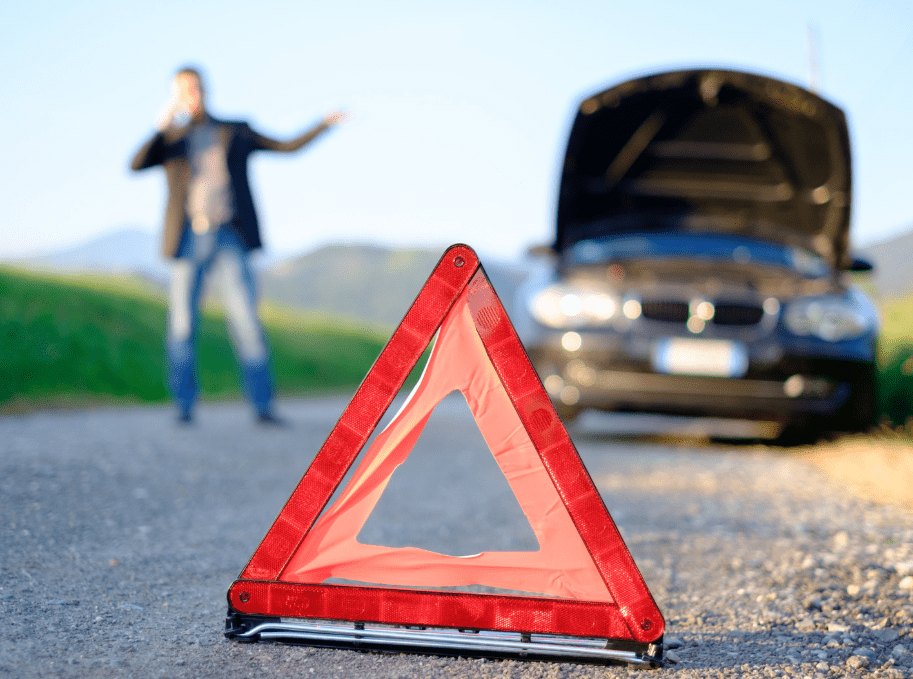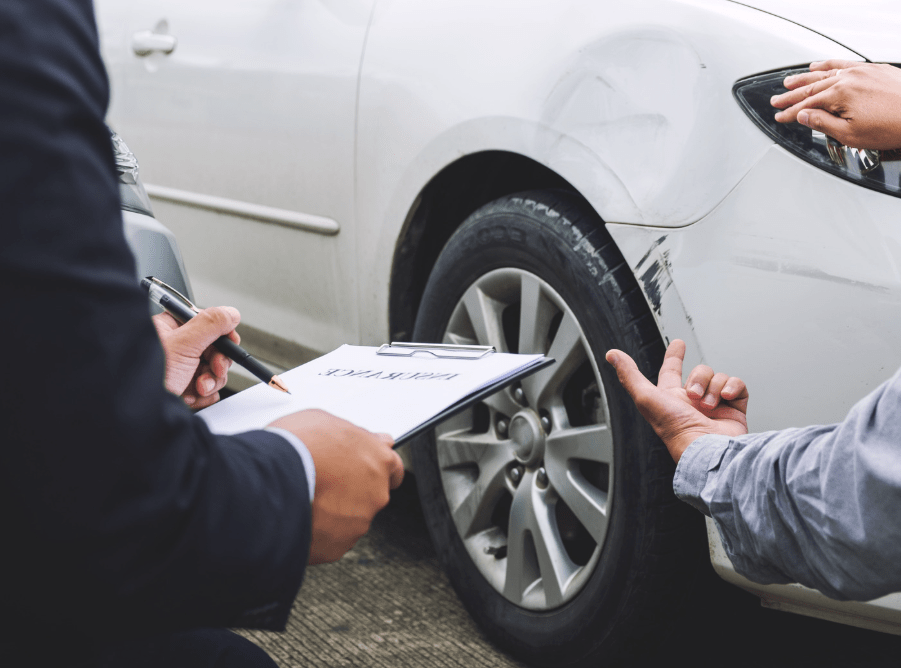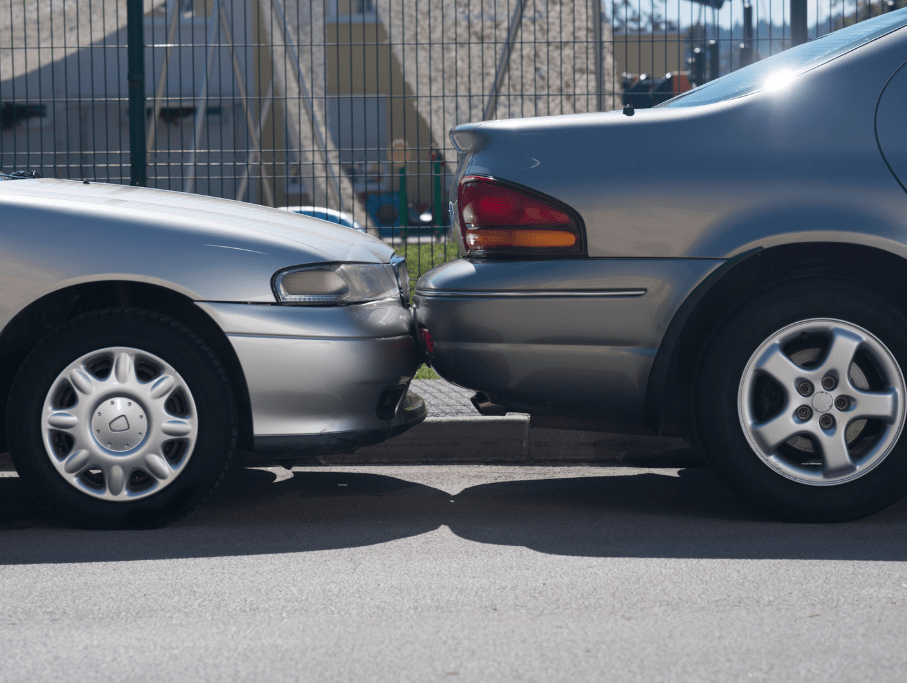Most Common Road Accidents and How to Avoid Them
Accidents are, by their very nature, the result of things not going to plan. The losses can be severe, the stress unwelcome, and the inconvenience frustrating. This is why insurance companies are geared up to provide extra cover such as motor legal protection and replacement car cover.
Even so, you’d really rather not have an accident in the first place. So here are the most common road accidents, and how you can avoid being part of them.
Pedestrians
Pedestrians are unpredictable and come in all shapes and sizes, they also have priority when it comes to road safety. Simply put, the best way to avoid an accident with a pedestrian is to pay attention when driving around people. Go slowly enough that if they do something unpredictable the consequences aren’t too severe. And keep your car’s tyres and brakes in good condition so if you do need to stop, they’ll heed your call.
Speeding
Speed is often a factor in accidents, and it’s not just a matter of breaking the speed limit; inappropriate speed is more often an issue in weather and traffic conditions than exceeding a number on a sign. To avoid causing an accident, ensure your speed is appropriate to the situation you’re driving in, and chill out – patience is a virtue!
Of course, not everyone shares that view. If you see a speeding or aggressive driver, slow down, get out of the way. They may be an accident waiting to happen. But that doesn’t mean you should try and encourage it to happen to you.
Your Phone
Keep your eyes on the road, and your hands on the wheel, and focus on the driving, not what’s going on in your inbox or TikTok. A phone is a wonderful thing to have if you break down or have an accident in a remote location. But its place in the car is in the centre console, linked to your infotainment system if you have one – or not in use at all.
If phone use is found to be a factor in an insurance claim, you run the risk of the claim not being paid by your insurer (and getting some points and a fine, or even prosecution for more serious offences). Don’t do it.
Alcohol and Drugs
We all know that driving under the influence is against the law – so we’ll assume that you would like to avoid those people that are doing so, rather than need the advice not to do so.
If you see a car driving erratically, slow down, back off. They may be holding you up but they’ll hold you up a lot more if they swerve into you while passing. If you have a dashcam, hit the record button. But don’t assume they’re drunk – they may have a vehicle that’s suffering a failure or just be being silly behind the wheel to provoke a reaction.
Ultimately the same rules apply as pedestrians, because it’s a human behind the wheel; if a vehicle is moving erratically, give it space, be observant and patient.

Weather
Yet more unpredictable things – the weather! Yet the weather is a significant factor in many accidents, be it reduced visibility, ice or snow on the roads, or sudden downpours. Most cars are designed to handle a wide variety of weather conditions if maintained correctly. So an accident is likely to be the result of inappropriate driving or inappropriate maintenance.
Make sure your wipers, tyres, and lights are all in good condition and working – and use lights appropriately, if they’re not automatic on your car. You can avoid causing an accident by slowing down and avoiding large puddles and standing water on motorways. Ultimately there’s not a lot you can do to avoid other people’s choices. In such cases, a front and rear facing dashcam will provide useful evidence that someone else was at fault.
Parked Cars
You’re free of accidents after you stopped driving? No! Accidents can happen to parked cars as well, and they can also be caused by parked cars. Forget driving defensively (actually don’t); parking defensively is just as important.
To avoid damage from parked cars, make sure you keep an eye out for moving people and vehicles in car parks. To avoid being damaged when parked – or causing an accident – think about other road users when you park. Don’t block junctions, don’t park on corners, and don’t park on the pavement. Most accident-causing parking is also illegal parking.
In busy car parks, it can be wise to park so you drive forwards out of the space, giving you full visibility of what you’re driving into. And in busy towns and cities, remember to look before opening the doors, on either side.
Rear-end Collisions
Most drivers consider rear-end collisions the hardest to avoid, and least concerning in terms of insurance – ‘whoever is behind is at fault’ is a common preconception. However, not all rear-end collisions are caused by the following driver, for instance on motorways where a lane change happens without checking the blind spot.
To avoid causing a rear-end collision from the front, use your blind spot monitors; on older cars, that means your eyes. Check over your shoulder, not just your mirror, and if in doubt, stay put.
People in front of you can also be the cause of a rear-end collision, and one that you can avoid by driving defensively. Crash for cash scams are common in cities; don’t tailgate cars, stay alert, and if a car does slam the brakes on in front of you and cause an accident, take photos of all occupants and make sure the police attend (it is required to inform the police of an accident, but they may not attend). Often such scams involve multiple injury claims – sometimes for people who weren’t even in the car.
Having a dashcam can provide valuable mitigating evidence here, but if you haven’t left enough space for a reasonable emergency stop it won’t be as easy as you think.
In more complex accidents such as multi-car pile ups, this is another scenario where a dashcam can help protect your no claims bonus. Remember, too, that rear-end collisions may be the least stressful in terms of insurance fault, they’re the ones that can come with the most prolonged and inconvenient injuries. It’s worth staying out of the way of tailgaters and aggressive drivers, even if you are helping them by keeping them at the speed limit.
Windscreen Damage
Glare, distraction, and impaired visibility – since most insurance companies now include windscreen cover, there’s no excuse for driving with a broken windscreen. If a stone chip or bird strike damages your windscreen when driving, pull over and have the vehicle recovered – don’t attempt to continue driving.
Crashes at Junctions
If only we had 360-degree vision – junctions would be much easier. If visibility is impaired by corners or objects, if traffic levels are high and gaps infrequent, this is a time where inappropriate speed could be moving too slowly. Judge the conditions and move decisively. In town, it’s all about vigilance too. You may have a green light, but that doesn’t mean the road is clear, a cyclist isn’t about to run a red, or a child ignores the crossing signs.
Defensive driving is key where roads join and cross over; from using a motorway slip road to reach the same speed as the traffic flow, to staying in the right lane and signalling on roundabouts. Be alert, predictable, and consistent and other road users will be able to avoid accidents too.
Reversing Collisions
Look before you leap is fine advice, and it applies to reversing as well. Everything you can imagine happening on a road is worse when reversing, from unseen pedestrians and pets, to the classic ‘speed differential’ – if you reverse at 5mph into traffic doing 40mph, the risks are self-explanatory!
You can avoid getting caught up by watching in car parks and driveways for car reversing lights and movement. Many modern cars have cross-traffic sensors and cameras, but that doesn’t mean the person is using them – or they may be relying on them too much and not actually looking.
Follow a few simple rules and you’ll also avoid reversing accidents for yourself. Keep the mirrors adjusted to see your wheel, side, and rear view (if your car has indexing mirrors that move for reverse, use them). Keep your camera clean, but use mirrors and windows as well. Lower the window so you can hear as well as see what’s going on.
And finally, never reverse from a side road into a main road.
After an Accident
No-one wants to be in an accident, but as well as making an insurance claim, you will want to make sure your health and stress levels are well managed. Talk to your GP about counselling if you’re in an accident that is causing anxiety or other trauma responses, and ensure your medical treatment is well documented. If people are hurt.
Accidents are rare, and by practicing defensive driving and good car maintenance you could have an entire driving career without being involved in one. But if you are involved in one, you’ll be glad that you have insurance. Most insurance companies now provide support if you’re involved in a collision with an uninsured driver – check the cover offered meets your needs when getting a quote.


